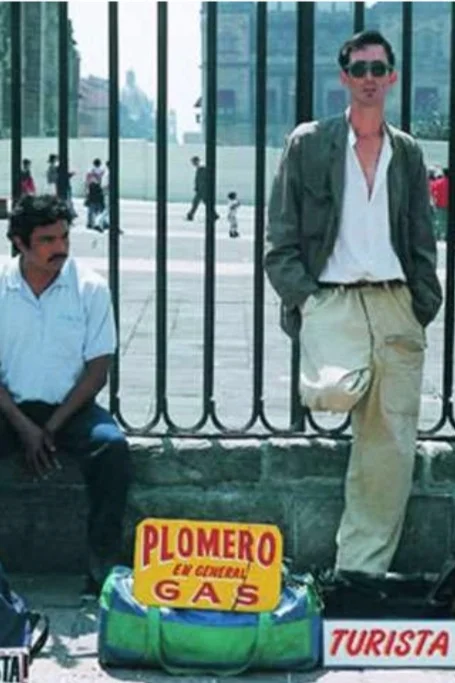Prospect 6 // Thomas Deaton // The clowns are just a smoke screen
Thomas Deaton
b. 1988, Lafayette, LA; lives in New Orleans, LA
by Kim Córdova
__________________________
Lafayette, Louisiana native Thomas Deaton paints semi-fictive New Orleans cityscapes populated by clowns and supernatural denizens who have been the subject of various moral panics: witches, ghosts, vampires, and cannibals. These figures mill about their lives, blithely slipping between the clutches of more everyday people. In 2016, people around the US and Western Europe began reporting sightings of “evil” clowns in unexpected settings. A cultural oddity of the transitional era after the global financial meltdown, some experts believe the clowns signaled a kind of mass hysteria, not dissimilar to the Salem witch trials. This was a time characterized by zero-interest money, which developers and corporations profited greatly from. The era of cheap capital caused further cracks in the US’ social, political, and economic systems, creating divides that today read like unbreachable chasms.
Depicted in the background if depicted at all, in Deaton’s work skyscrapers are stand-ins for financial hubs. Though they don’t always appear in the picture plane, they nevertheless sit at the center of his psychic geographies. For Prospect.6, Deaton created Last Megalopolis (2024), a tryptic of three views that maps the built environment of different communities and reveals how classes relate to unseen powers. The left panel depicts a wealthy suburban development of single-family homes. Physically distanced from the urban core, placing it out of frame, these houses paradoxically highlight their inhabitants’s close relational proximity to high-rises. They imply that the owners’ ability to afford these homes means they are unseen scions moving money and making decisions. The center panel renders a mixed-use, multi-family community in front of the high-rises. This view positions the low-density community in the foreground in a relationship with the city that has not (yet?) tipped into either cynicism or nihilism. On the right, a blighted zone where ghouls run amok is set behind the high-rises, in what Deaton refers to as “the other side of the river.” This view highlights the disaffected communities on whose backs the comforts of privilege and power tend to rest.
In The Garden of Earthly Delights (1490–1500), Hieronymous Bosch famously presents what Deaton describes as “heaven on the left, Earth in the middle, and hell on the right.” He uses this format to unravel how developers and politicians in New Orleans traffic in ideas of heaven and hell by cross-breeding the jazz-inflected veneer of a city that has perfected romanticizing perpetual decay and morally rebuking the quotidian hardships of urban blight. While the right panel features a concentration of witches, clowns, and cannibals, the extraction that built the homes in the left panel provokes the question: Who are the real vampires?
In the context of political, economic, and ecological crises, Deaton’s romp through derelict urban and suburban uncanniness is unmistakably affectionate. His reference to the Bosch altarpiece is used to question: What paradise? Where? And for whom? As decades of under-investment in public infrastructure fails to meet the demands of a world threatened by the volatility of climate change, the surrealism of the everyday takes on a new pall. Suddenly, flood-affected communities turn to corporate assets as a public good, like using fast food apps to identify electricity outages. P.6 opens during the charge of an election year shot-through with a moral panic reminiscent of 2016. It’s a year that may prove to be definitive for the country, local communities, and democracy itself. Finely attuned to this moment of fears both real and imagined, Deaton’s paintings ring loud. “The clowns,” he says, “are just a smoke screen.”





